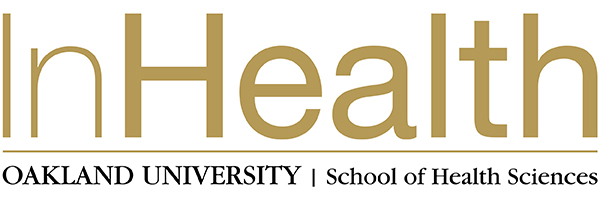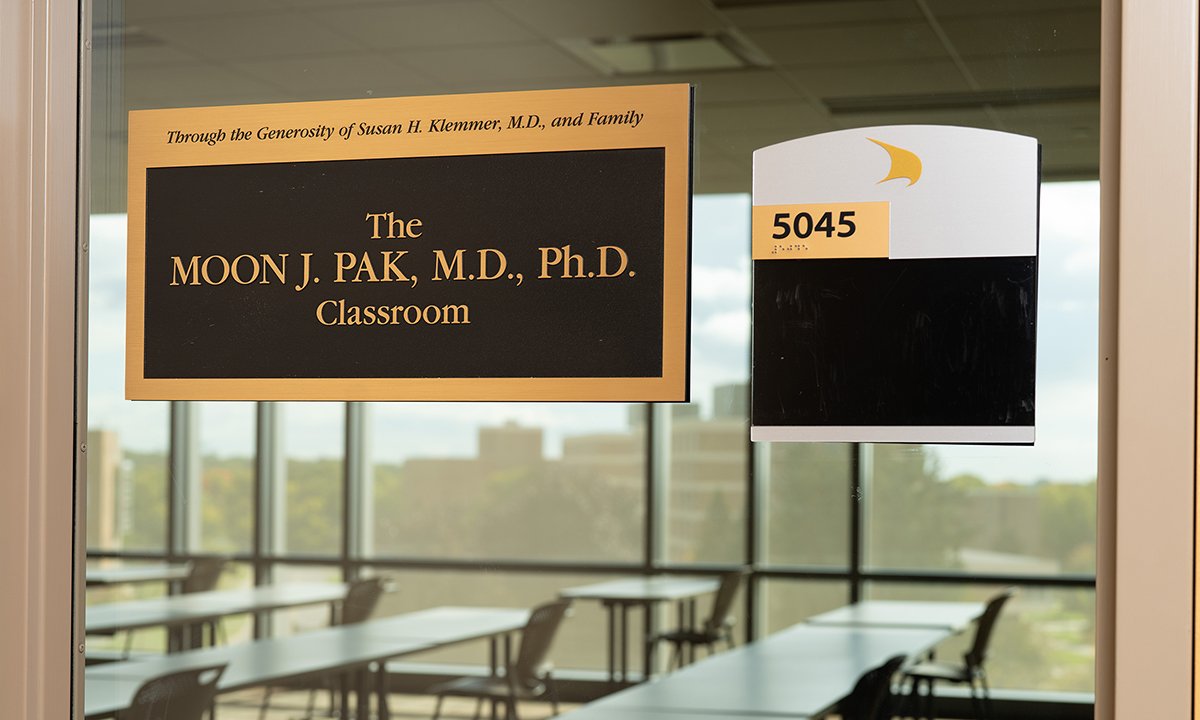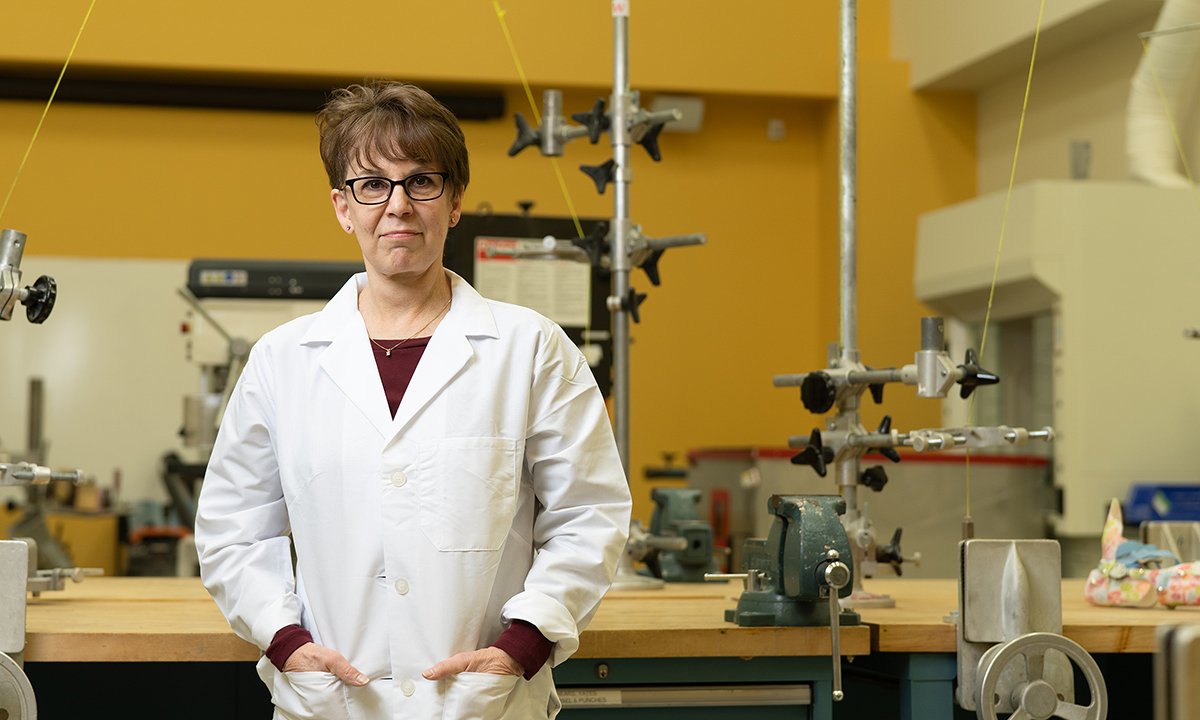Preparing Tomorrow’s Health Solutions Today
Oakland University public health offerings expand to include graduate certificates, M.D./MPH program, new bachelor’s degree, scholarship opportunities

Photo credit: Rob Hall
Dr. Caress Dean, director of the Master of Public Health (MPH) program and new chairperson of the Department of Public and Environmental Wellness (PEW), along with the public health faculty, is working to develop exciting offerings and opportunities to meet the needs of Oakland University students and the public health workforce.
The MPH program aims to develop future public health professionals who are equipped with the appropriate skills to address health disparities and inequities, as well as emerging diseases and conditions, in communities. The program enrolled its first cohort of 12 in 2013 and has grown tremendously since then, with 32 new students welcomed into the program in 2023.
 |
The MPH program has spawned three exciting graduate certificates: global and population health services, health equity and epidemiological research. These distinct certificates were recently developed in order to provide skills and training to current public health employees and those interested in joining the field.
As another key way of meeting a workforce need, the School of Health Sciences’ (SHS) public health program and OU’s William Beaumont School of Medicine (OUWB) have partnered to offer the university’s first dual degree program: a M.D./MPH. “There is a growing need,” says Dr. Dean. “OU is one of the few in the state that can provide this degree.”
With the M.D./MPH dual degree, OUWB students complete two years of medical school, take MPH courses in their third year and then complete the remaining two years of their medical degree. Despite medical school being a four-year program and the MPH being a two-year program, an overlap in courses and related competencies allows this program to be completed in five years instead of six.
 |
While there are specific positions where both a M.D. and MPH degree are beneficial or even required, such as executive and leadership positions in health departments and employment in federally qualified health centers, this degree program is highly beneficial for any future physician. “Having a public health degree changes your views and perspectives of how to engage your population and improve their health,” explains Dr. Dean. By pursuing the M.D./MPH degree, future physicians will be prepared to emphasize healthful choices and understand why health issues are prevalent; develop innovative and holistic care models, practices and strategies; and promote public health policy and leadership.
The public health program offers a scholarship funded by the Health Resources and Services Administration (HRSA). Dr. Dean notes that the impetus behind the funding was partially due to the increase in awareness and limited resources available during the pandemic, especially in underserved communities. Upon hearing of this grant opportunity and having only a month to turn in the application, Dr. Dean didn’t hesitate to apply. One of the top public health student needs is cost. “We want to ensure equitable opportunity to all students,” Dr. Dean says. The program will award annual need-based scholarships to MPH and combined program students through the 2024-2025 academic year.
Historically, public health careers have focused at the graduate and post-professional educational levels. However, with all of the innovations and resources created, SHS recognized the value of launching a new bachelor’s degree in public health (beginning in fall 2024). Similar to the MPH, the upcoming bachelor’s in public health will focus on individual and community wellness, health promotion and prevention of disease. The program, which aligns with the faculty’s areas of expertise and national health needs, will provide excellent opportunities for collaboration between undergraduate students, graduate students and faculty.
From undergraduate to graduate and beyond, the public health programs are addressing health disparities and inequities experienced by our communities, particularly through enhancing the preparation of the workforce.
 |
As she begins her new role as department chair, Dr. Dean aims to continue and support student engagement and preparation for the workforce. “That’s one thing I love about our whole department,” she says. “We not only teach the foundational basics, but also provide experience with new software and techniques through community engagement that help our graduates gain professional preparation.”
To learn more about the public health programs offered through SHS, visit the public health website.

 November 14, 2023
November 14, 2023 By Jillian Wolf
By Jillian Wolf


